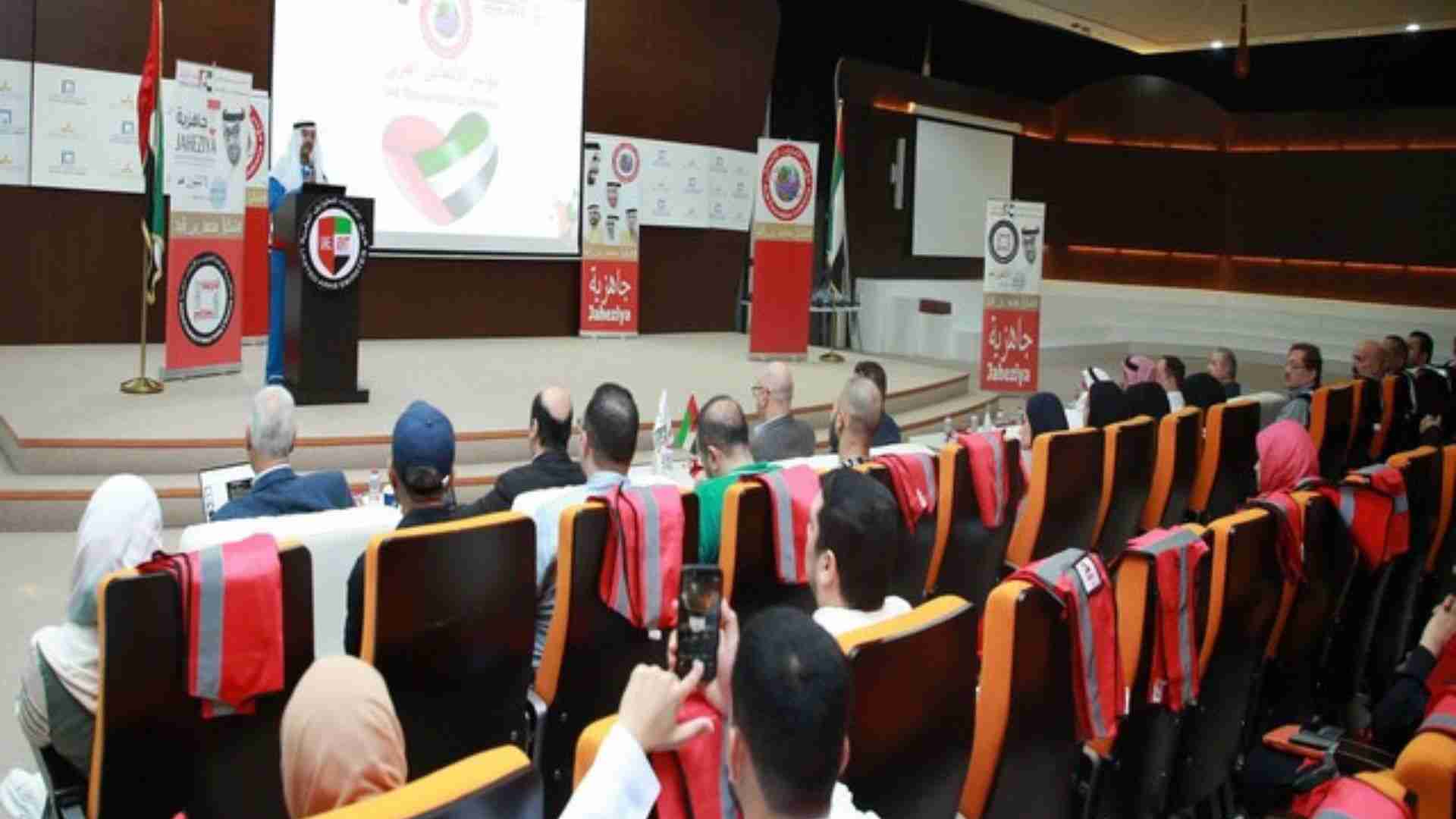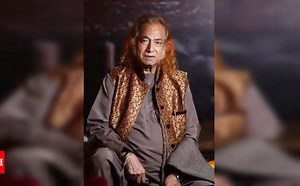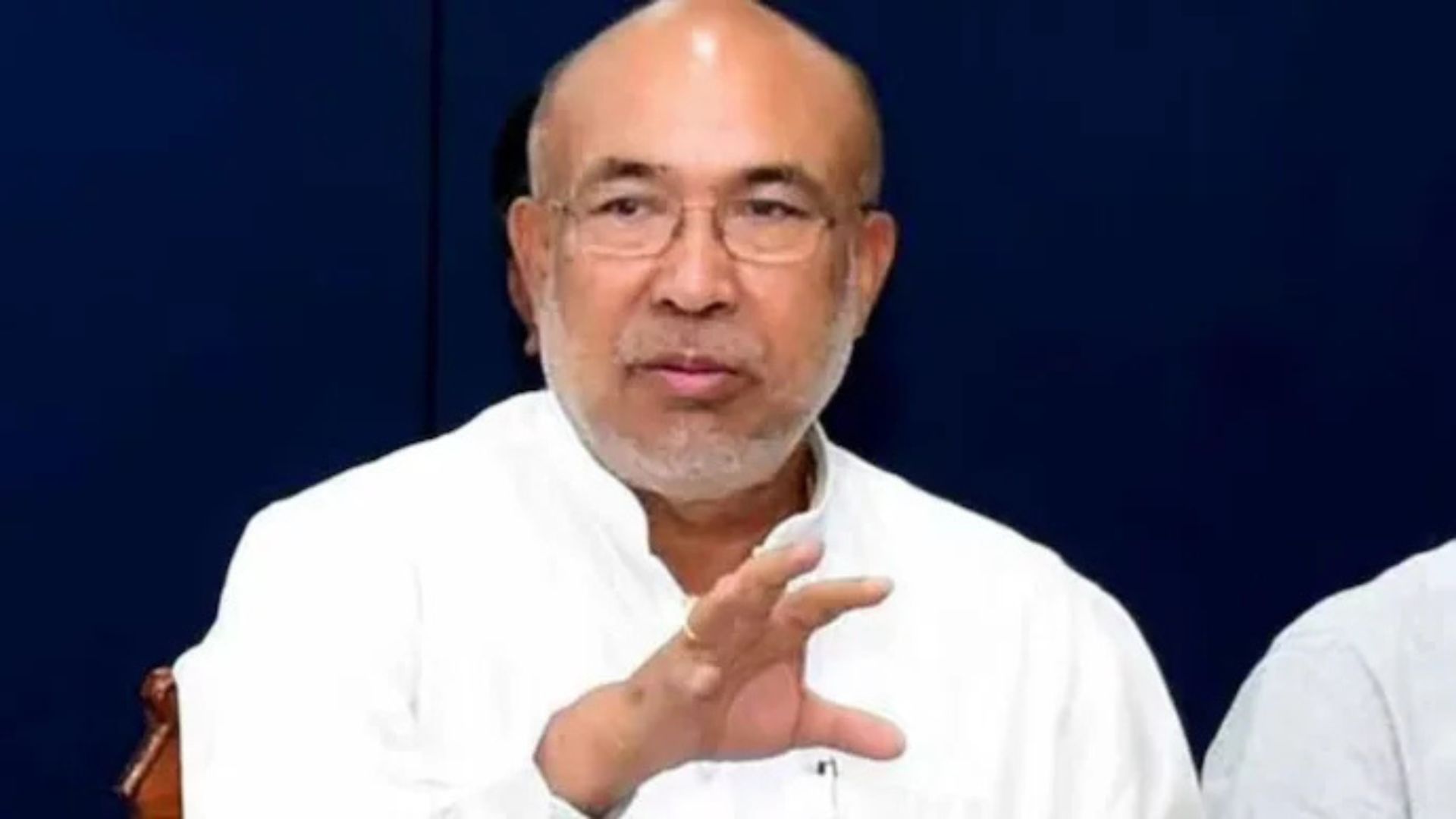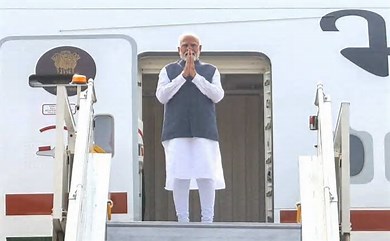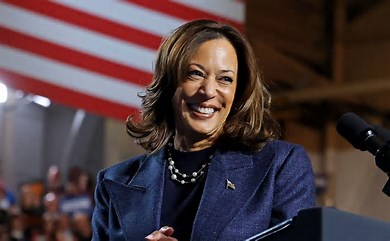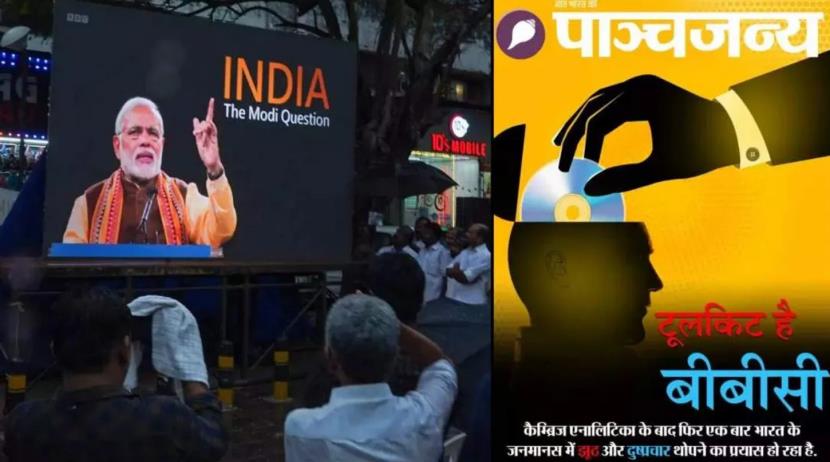
In an obvious attempt to show the Supreme Court in poor light, an RSS affiliated Hindi publication has needlessly created a controversy which should have been best avoided. Panchjanya, the magazine in question has taken on the Apex Court for issuing notice to the Centre over petitions challenging its order in connection with social media links sharing the BBC documentary “India: The Modi Question’’. The Editorial written by the Panchjanya Editor Hitesh Shankar has expressed the view that since the Supreme Court was funded by the tax payer’s money, it should only do things which were in the national interest. There are two points that have emerged from the Editorial. Firstly, it seeks to create an erroneous impression that the top Court was soft towards the forces which were deemed to be anti-India by the present regime. This is inaccurate depiction of the Court which draws its powers from the Constitution and has over a period of time, given some outstanding judgments aimed at protecting the essence of the Constitution. The Fathers of the Constitution had taken some points from various other constitutions of the world and in this instance, the objective was to create a judiciary which was independent of the Legislature and the Executive. In the United States where the principle of Checks and Balances as based on Montesquieu’s theory of separation of powers is practiced, here in India too, this aspect had influenced the Constitution Fathers. An Independent judiciary was created to keep a check on the Legislature and Executive so that anything which flouted the basic structure of the Constitution could be struck down. The Panchjanya is free to express any opinion, but it should not run down the Apex court which is an essential part of our democracy. There could be some judgments which can be criticized on merits of the case, but to question the entire institution is both unfair and uncalled for. The Supreme Court has to hear each side and come to an opinion which may or may not concur with any government of the day. It is not an extension of the government and thus is free to arrive at conclusions based on tenets of law and the Constitution. If people lose faith in the judiciary, India would be no different from many other countries which are heading towards a breakdown. The second point in the Editorial pertains to the BBC documentary. Yes, there are people who have been supporting the right for it to be viewed as there are also people who want a complete ban on this controversial film which denigrates the Prime Minister and also seeks to show the ruling dispensation in poor light. The accuracy and authenticity as also its timing have been questioned by a large number of people. But to hold Supreme Court for being soft on those who are wanting the screening of this documentary is a flawed argument. Care must be taken not to bring in Institutions into any controversy and allow them to function independently to impart justice. The Constitution and the various bodies that derive power from it must be protected from being made controversial by vested interests, on both sides of the fence.

